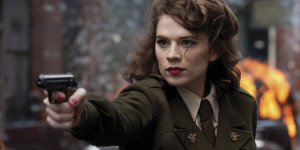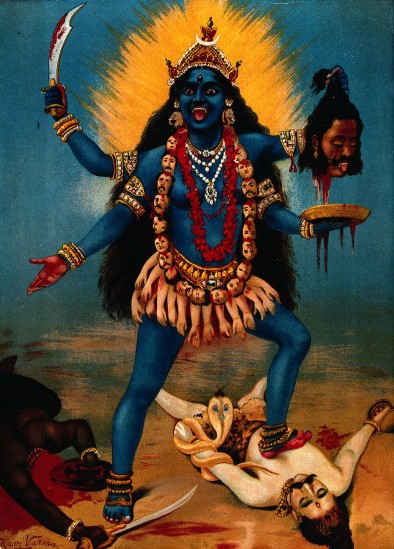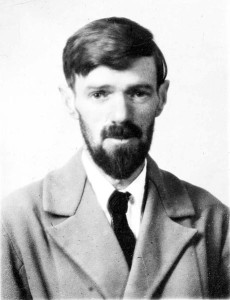
Fact of life: with rare exceptions, when women assert themselves in Real Life, we don’t look *anything* like this.
Writing in The New Statesman, author Sophia McDougall makes some interesting observations about “The Strong Female Character:” that what passes for strength, on the movie screen at least, is often an act of unjustified (or barely justified) physical violence:
[T]here are characters who’ve clearly been written with SFC-compatibility in mind, who nevertheless come at least halfway to life. Captain America’s Peggy Carter, along with Iron Man’s Pepper Potts, are much the best of the Marvel love interests. Peggy shoots Nazis. She never has to be rescued or protected by Captain America or anyone else. She has a decent amount of screentime. Her interesting status as a female British soldier in World War Two is not actually explored, but implies a compelling back story and an impressive depth of conviction and resilience, and her romance with Captain America is never allowed to undermine this. While her role is clearly ancillary to the male hero, it’s not so much so that she feels defined by his presence; it’s possible to imagine a film about her – a woman determined to overcome everything in her path to fight the evils of Nazism. Most importantly to the character’s success, she’s played by the superb Hayley Atwell.
She’s introduced briefing a number of potential recruits to the super soldier programme. This is the scene clearly written to establish Peggy’s SFC cred, and it unfolds like this: One of the recruits immediately starts mouthing off at her, first insulting her accent and then, when she calls him out of the line-up, making sexist, suggestive remarks.
She punches him to the ground.
McDougall also points out that male protagonists don’t have to be “strong.” (She offers Sherlock Holmes as an example: his “physical strength is often unreliable… His mental and emotional resources also fluctuate. An addict and a depressive, he claims even his crime-fighting is a form of self-medication. Viewed this way, his willingness to place himself in physical danger might not be “strength” at all – it might be another form of self-destructiveness.”)
She concludes her piece by calling for
. . . a wealth of complex female protagonists who can be either strong or weak or both or neither, because they are more than strength or weakness. Badass gunslingers and martial artists sure, but also interesting women who are shy and quiet and do, sometimes, put up with others’ shit because in real life there’s often no practical alternative.
I suppose you know where I’m going next: right back to my experience with poor Libby: a woman who spends an entire novel putting up with others’ . . . stuff.
Here’s part of the comment I left on McDougall’s article:
I happen to think that putting a hapless character in a situation where he/she is overwhelmed by outside circumstances makes for humorous situations. A great example most of us can relate to is Hugh Grant’s character in Four Weddings & a Funeral. He was funny and loveable in his haplessness. He “got the girl” in the end only because his brother stood up for him.
But swap genders and make Grant a woman, and you’ll earn the Wrath of the Mob.
I know firsthand. I pubbed a novel with a woman who gets pushed around by family members and strangers.
I thought it was comic that she did things like sneak out of a window of her own house to avoid people who were camping on her yard.
My readers were not amused . . .
The fact is this: it’s complicated.
The Strong Female Character is something of a sacred figure. It may not be conscious, but writers use her because they know she is what readers/movie goers want and expect.
She’s also a SAFE figure.

Take that. And that.
It’s also likely that readers — and by this I mean female readers — want SFC because of their own ambiguity about strength and power.
In our personal lives, power is a double-edged sword. As a rather simplistic example: a woman who asserts herself can easily be perceived as unattractive. We’d like to think we can be powerful in the overt, masculine sense and come across as sexy at the same time, but in reality, that’s not so easy to pull off.
In movies/novels, otoh, the SFC does pull it off. And guess what: readers want that.
One of Libby’s 1-star reviewers wrote:
[I]f I wanted real life, I wouldn’t be reading this book.
Exactly.
People read novels and go to movies to escape from “real life.”
They don’t want characters who mirror life’s uneasy ambiguities.
They don’t want books that are realistic about the trade-offs we all have to make between being loved and being powerful . . .









